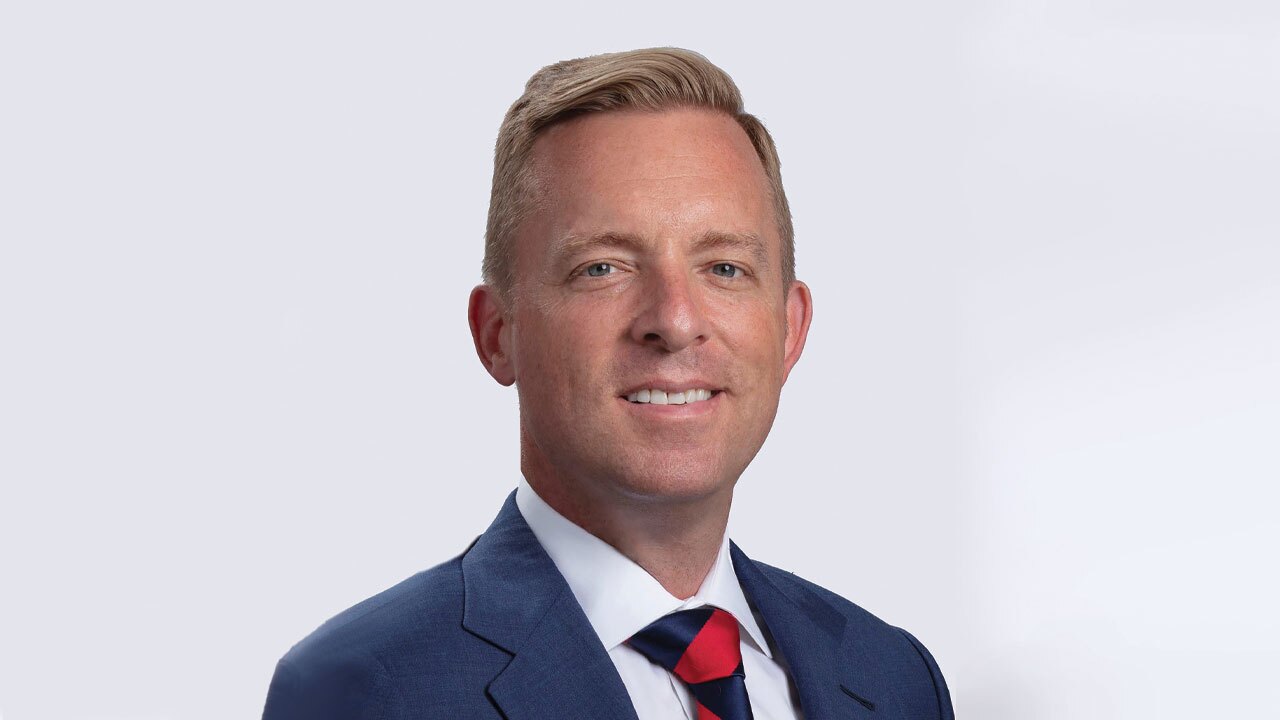Fidelity National Financial Inc. of Jacksonville, Fla., which has become a major provider of core processing in the past two years, is now dipping a toe into the electronic bill-payment processing business.
Under a deal announced Thursday it will co-market a suite of electronic bill-pay products offered by a small processor, PhoneCharge Inc. of Ansonia, Conn., through the majority-owned Fidelity Information Services Inc.
Fidelity National said the affiliate will initially focus on consumer payments for auto loans and leases.
Deborah Eklund, a vice president in the auto finance division at Fidelity Information Services, said it plans to pitch the service to its clients in automotive finance as a way to reduce the interchange charges for credit card payments.
Using automated clearing house or electronic funds transfer networks instead of credit card networks, which typically charge a 2% fee, will yield "significant cost savings" for her company's clients, she said Thursday. In addition, electronic payments on car loans will be "a big convenience for the consumer."
Peter A. Bobley, the president of PhoneCharge, said Thursday that its biggest clients are in the telephone and cable TV industries. However, this program will target the automotive industry, he said, because "that's where Fidelity is strong."
Fidelity National, the nation's largest title insurance company, entered the bank technology market in April 2003 by buying Alltel Information Services. Through a series of acquisitions - most recently of InterCept Inc. of Atlanta - the renamed Fidelity Information Services has become the nation's second-largest outsourcer of core processing services to banks, and the largest in mortgage servicing.
Its automotive finance operation claims 11 of the nation's top 20 auto finance companies as clients, including Ford Motor Credit Co., for which it provides loan and lease processing.
The privately owned Phone-Charge, founded in 1996, enables consumers to initiate payments through interactive voice response systems or the Internet. They can pay by credit or debit card or can initiate an automated clearing house "e-check" transaction by providing their checking account information.
The company uses JPMorgan Chase & Co. for ACH processing, and has connections to the Pulse, Star, and NYCE electronic funds transfer networks.
Analysts were split on the significance of the move for Fidelity.
Gary R. Craft, the chief executive of the San Francisco advisory firm Financial DNA LLC, said the move into bill payment is a logical next step. "This is probably the direction we will see Fidelity moving into, and it makes sense for them," Mr. Craft said Thursday.
He compared Fidelity's position today to that of its rival Metavante Corp. five years ago, when it had strong offerings in core processing but only limited products for transaction initiation and processing.
Metavante, the technology subsidiary of the Milwaukee banking company Marshall & Ilsley Corp., went on to make a series of acquisitions that included the Spectrum e-bill network and Paytrust Inc., an online bill management service, in 2002; and two other EBPP service providers, Derivion Corp. and CyberBills Inc., in 2001. It is now the No. 2 bill-pay processor.
But Beth Robertson, a senior analyst at TowerGroup of Needham, Mass., a market research unit of MasterCard International, does not see Fidelity National's new deal as evidence of plans for a bigger role in bill payment.
Fidelity National already has history in the field, she noted. It hosts an electronic bill payment and presentment service provided by InteliData Technologies Corp. of Reston, Va., and Alltel Information Services helped develop the Spectrum network for routing electronic bills and payments. (Metavante bought Spectrum in 2002.)
But as for Fidelity National, "in the last couple years they haven't done much" with consumer bill payment, Ms. Robertson said.
She said the PhoneCharge service is geared primarily toward one-time payments, such as last-minute convenience payments for customers who are about to miss a deadline. For that reason, she said, she views the marketing alliance as "augmenting and providing ancillary services relative to the lending and leasing lines" that Fidelity already offers.





